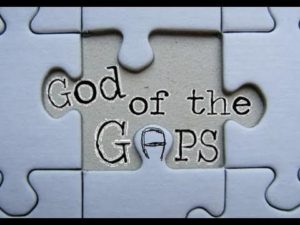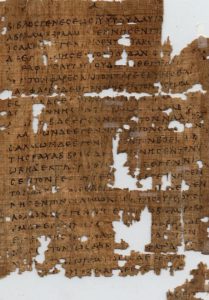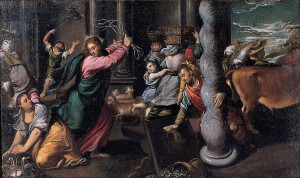 One of the most common objections to the existence of God is that it is simply unscientific. A belief in God is just an ignorant relic of the past, when more primitive people invoked the names of various gods to explain the things they didn’t understand.
One of the most common objections to the existence of God is that it is simply unscientific. A belief in God is just an ignorant relic of the past, when more primitive people invoked the names of various gods to explain the things they didn’t understand.
In other words, “God” was simply something people used to fill a gap in their knowledge. But as we have learned more and become better educated, we have discovered natural causes to previously unknown phenomenon, leaving God fewer and fewer places to “hide.” Consequently, even the few remaining gaps that remain can no longer serve as an argument in favor of God, since history proves that they will eventually be filled with natural explanations, even if they are currently unknown. Therefore, we can finally lay this “god of the gaps” to rest. Continue reading







